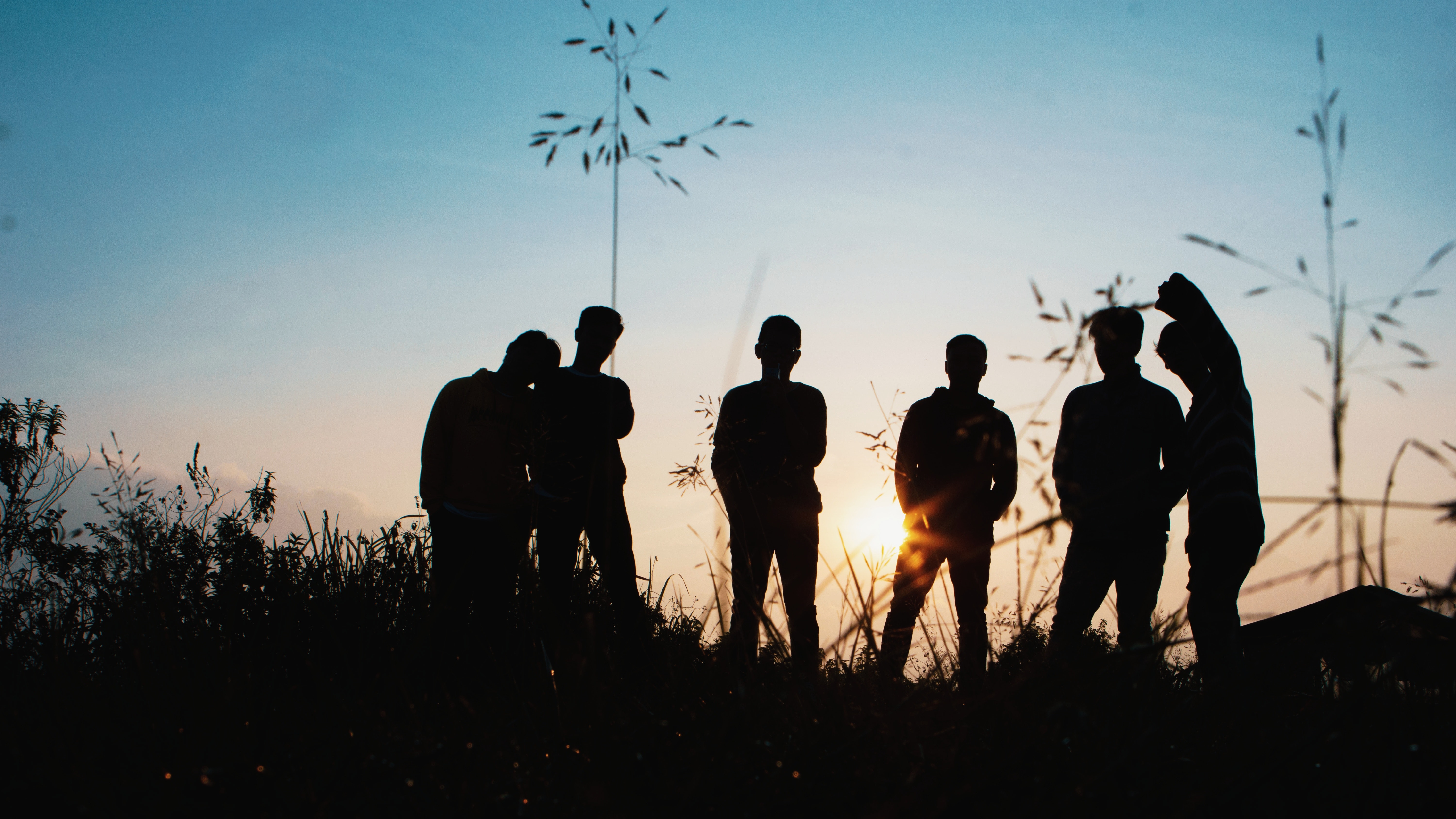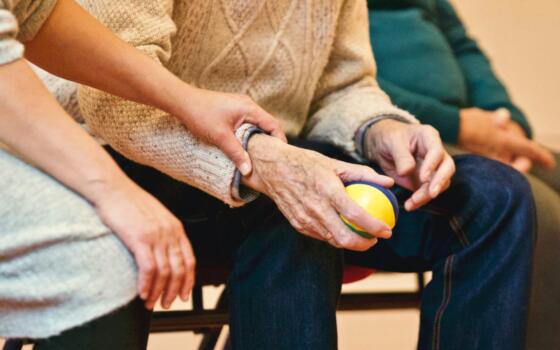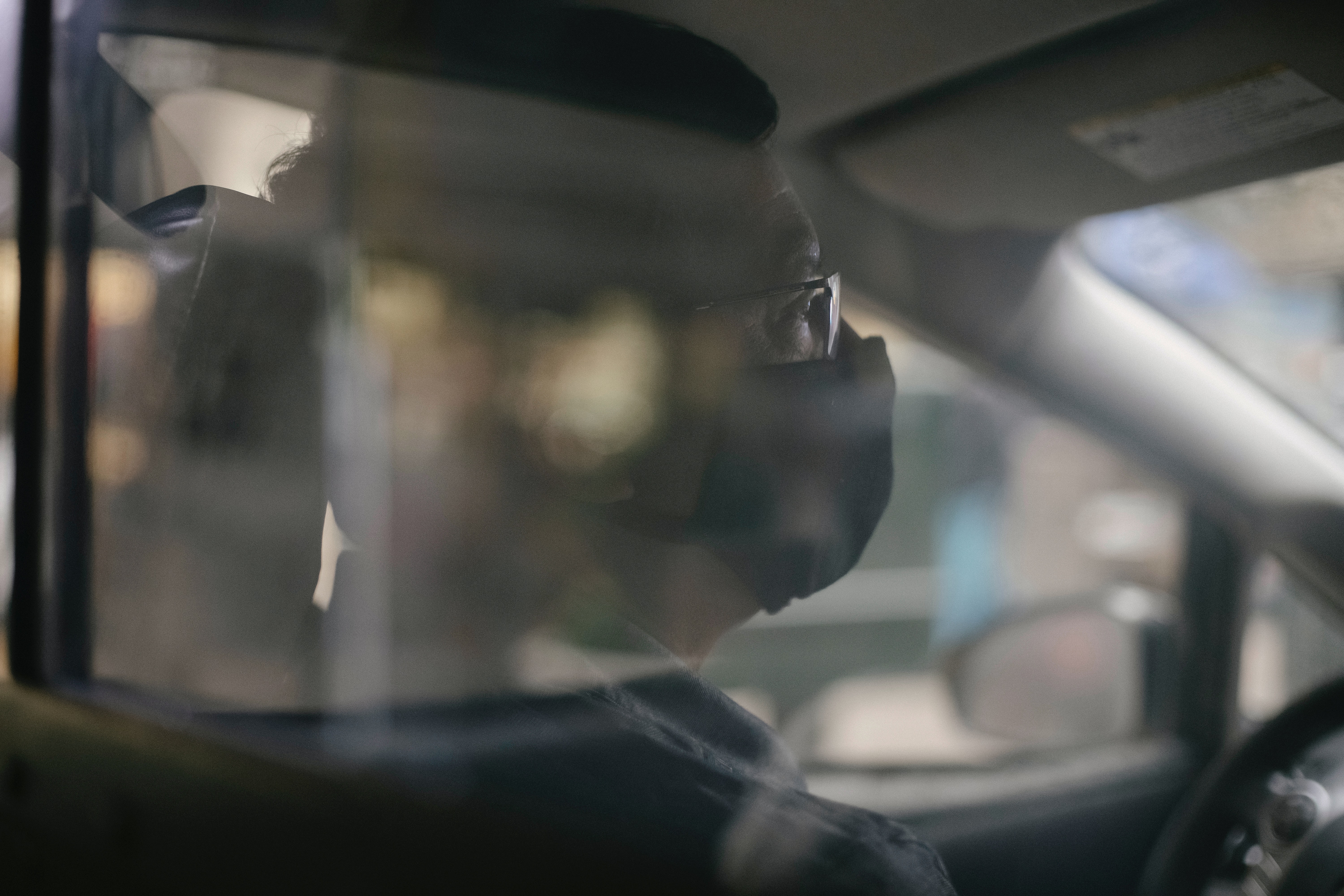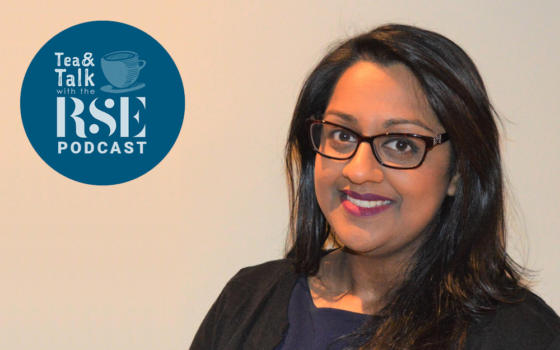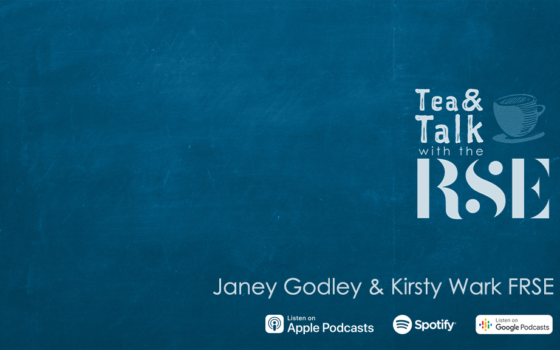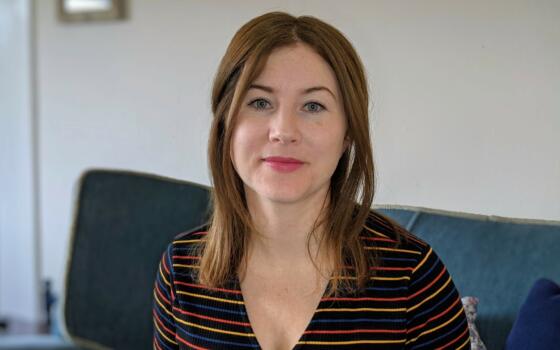Starting as we mean to go on
Blog by Talat Yaqoob FRSE, Co-Chair of the Public Debate and Participation working group.
We purposefully wanted to launch the activity of the Public Debate and Participation working group by setting an example and illustrating good practice. As such, we opted for a discussion and listening event online which we focused on making flexible and informal so participants could drop in, give us their thoughts and engage in ways that felt comfortable but not prescriptive. The event was short and so we only had opportunities to hear brief comments from as many people as possible, in future we will try to give this more time, so we can hear more of peoples’ ideas and experiences.
The event included 4 pre-recorded videos from participation experts, academics and crucially, practitioners within communities on the ground. Each video had in it key questions and provocations for the working group, pushing us to consider beyond our own experiences and knowledge, in the hope that this group makes tangible change for those who need it most.
Similarly, we had community representatives join us on the call, one of whom told us about the need for clearer public health messaging to ensure vital information was being easily shared within communities. They shared with us the importance of utilising trusted community leaders as part of the information sharing and public dialogue strategy, those who are well connected on the ground and able to reiterate the national public message into applicable and relatable content, and they stated the importance of these messages being in a range of languages, so they can be shared widely and inclusively.
- Shubhanna, an unpaid carer and campaigner’s question to the group was particularly poignant. This is a critical question, and as we move from pandemic into recovery, as vaccines are rolled out, we cannot afford to return to the status quo where the doors to power remain open only for a select few.
“Why has it taken a pandemic, for people like me to be include in these virtual decision-making discussions?”
- Nathan, told us about the impact of misinformation and how quickly it can spread via social media. He compared the messaging used to educate the public on HIV and the wins and pitfalls that we must learn from, in order to ensure the Covid-19 vaccine rollout is successful.
- Shasta (who dropped in to the event in between the school run!) told us about the disproportionate impact on BAME communities and how this has been misrepresented at times through the media, where the discourse has been about placing blame rather than coming together to defeat the pandemic or telling the good news stories of how communities have helped one another.
One heartening message from a participant was the recognition that whilst this way of working and this type of event was new for the Royal Society of Edinburgh, it was appreciated. The informal space created, the open style of discussion and the ability to ask questions without feeling the need to already have the answer, all contributed to a rich and diverse input which will facilitate the discussions in the working group and, hopefully, produce more meaningful outputs that make a difference for those who need it most in Scotland.
The pandemic has shown us that we can do things better, that participation can look different without compromising context, pace or accessibility. We must retain the good practice which occurred during this pandemic and it is examples of this good practice that the working group is particularly interested in hearing about. We want to know what worked, what didn’t, what must be rolled out across Scotland and how we re-distribute power through participation and debate in a way that breeds trust in politics and tackles inequality.
We hope to deliver more of these types of events across the working groups of the commission, and wider events which approach participation in an accessible and innovative way. We will learn from the first attempt and improve upon future listening style events, to ensure they give people a truly inclusive platform and ability to challenge. There are many lessons to be learnt through our common experience of the pandemic, but only if we make time to reflect and ensure that at the centre of our focus is the importance of diverse voices and respect for lived experience.
Please continue to tell us your thoughts through the website and be honest in challenging the commission to do things differently, to reach new voices and to deliver change that matters.
To let us know your thoughts please visit the Get In Touch page, or tag us on social media.
